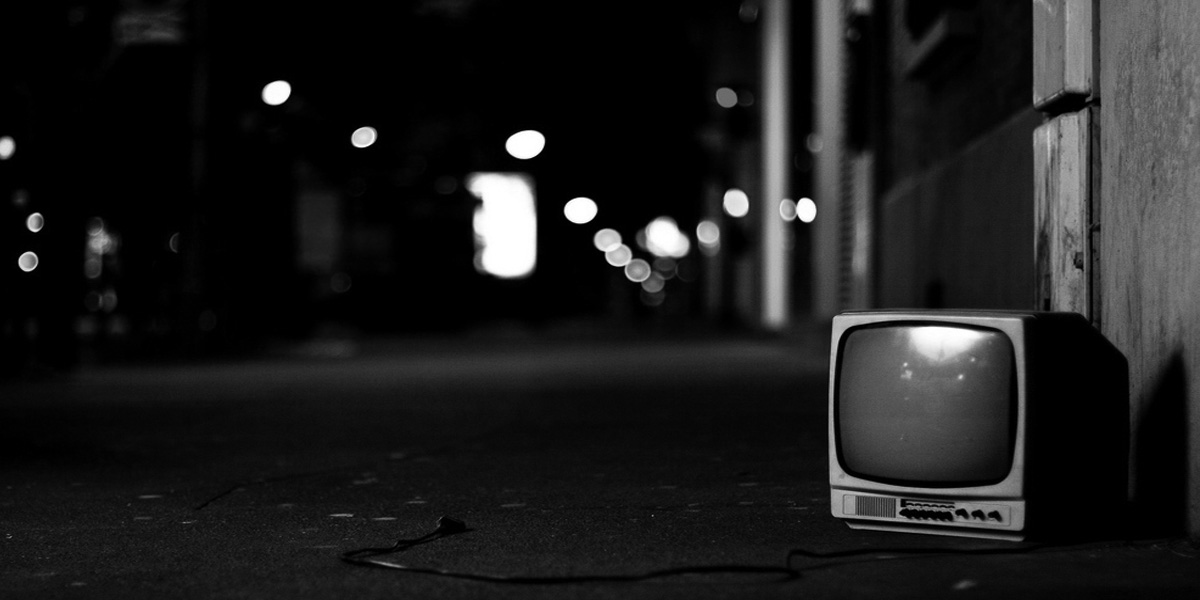Labour must reclaim the BBC’s future from the Tories
Sometimes, you have to feel sorry for BBC executives. No, really, you do. There they are, doing their best to ensure a future for their corporation and its anachronistic funding system, the TV licence. And then one of their most...
Sometimes, you have to feel sorry for BBC executives. No, really, you do. There they are, doing their best to ensure a future for their corporation and its anachronistic funding system, the TV licence. And then one of their most over-paid employees dumps them in the media shit yet again, this time by trying to drive a car with the number plate H982 FKL through Argentina. You know, the country that in 1982 humiliatingly lost a war with the UK over the nearby Falkland Islands. Which go by the ISO country code FLK.
This just weeks after culture secretary Sajid Javid announced he is accelerating plans to decriminalise non-payment of the TV licence fee – a move the BBC says would cost it some £200 million a year in increased fee evasion – and just days after the chair of the Commons culture select committee, John Whittingdale MP, warned that it is “getting steadily harder to sustain the licence fee” as the best way to fund the BBC.
Indeed it is. As Javid has noted, the licence fee of £145.50 is “a lot of money” for many people, such as those earning £250 per week on the minimum wage. So the licence is an extremely regressive tax that disproportionately hits those on low income.
What’s more, in the 21st century, having to buy a licence to watch TV makes about as much sense as having had to buy a licence to be able to call out the fire brigade. It may well have made sense in 1946, when the TV licence was introduced, and only the most comfortably off could afford to buy a television. But it really doesn’t make sense when the number of licences issued (some 25 million) is little different to the number of households. And when, according to health secretary Jeremy Hunt, some five million socially isolated people say that TV is their main form of company.
Add in that it costs some £115 million annually to administer and enforce payment of the licence fee – more than half what the BBC says it would lose from decriminalisation – and the TV licence really starts to look like an historical anachronism.
And that’s before you get to what is arguably the most objectionable aspect of how the BBC is funded: the criminalisation of some 4,000 people per week, and the imprisonment of some 50 people per year, simply for being too poor to pay for a TV licence.
Last year, almost 200,000 people were prosecuted for failing to buy a TV licence. And if you can’t immediately see why that is a scandal, then I suggest you read this eye-opening and heart-breaking account by Amelia Gentleman of a morning spent observing and talking to defendants at Highbury Corner Magistrates Court.
Defendants like Ms Smyth, on sickness benefit, who for 10 years went to the Post Office every fortnight to pay TV licence fee installments and other bills, but who had missed a few installments in the last year. “I have debts, and other bills pile up that seem more of a priority”, she tells Gentleman. And now Ms Smyth doesn’t even have a TV to keep her company, as the court summons has “made her realise it is a luxury she cannot allow herself.”
In short, the BBC – the jewel in our cultural crown – is funded by an anachronistic, extremely regressive tax. Yet the political party leading the charge for reform is … the Tories.
Yes, that’s right. Shadow ministers quietly nodded through the government amendment to the Deregulation Bill providing for the slow-motion review of decriminalisation that Sajid Javid has now taken the opportunity to accelerate. Meanwhile Tory MPs such as Andrew Bridgen and John Whittingdale are making all the noise on this issue. And – though this could be as much a coincidence as the number plate on Jeremy Clarkson’s car in Argentina – there are many Tories who would be very happy to see the BBC brought to heel by a weakening of its funding base.
Labour shadow ministers and their advisers need to pull their finger out, and take the lead on exploring alternative funding mechanisms that might allow Auntie to retain her standards and her independence from government. It’s time for the party to reclaim the BBC’s future.
